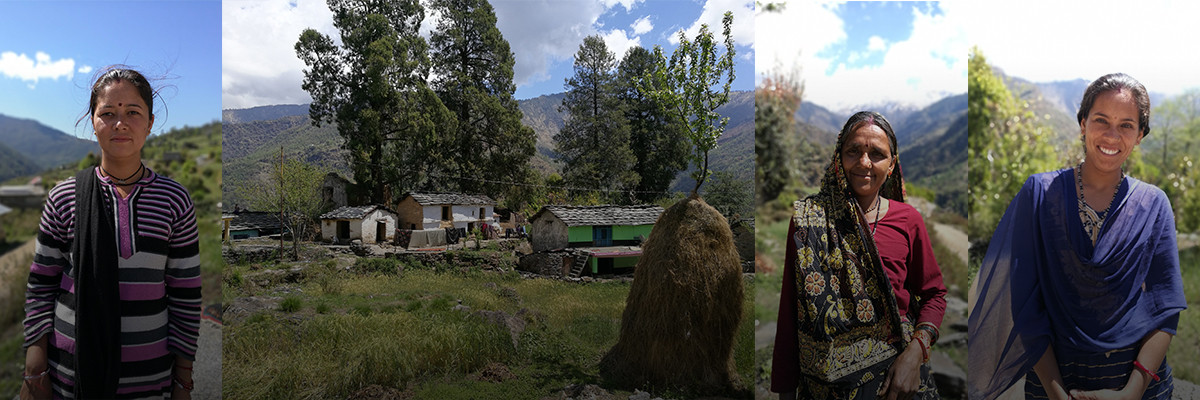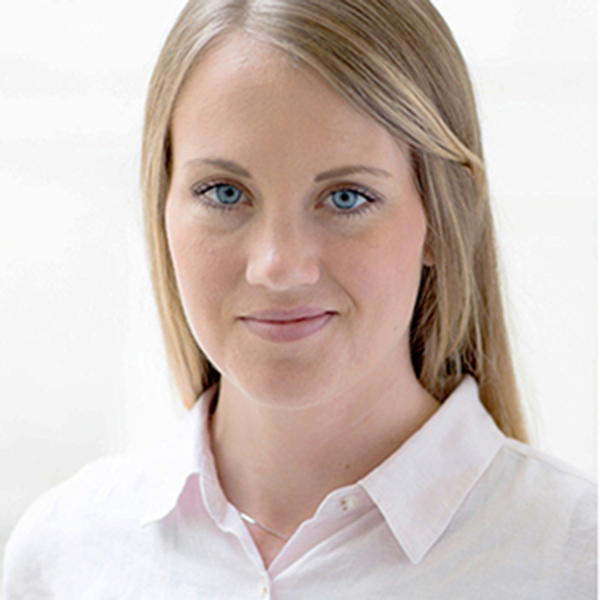
Today, May 28, is Menstrual Hygiene Day. BSR recently visited Himalayan villages in Uttarakhand, Northern India, where a community-based version of HERproject has helped women take charge of their health by addressing the social stigmas surrounding menstruation.
Menstrual Hygiene Day was first celebrated in 2014 to raise awareness of the challenges women and girls face due to menstruation. In the villages we visited in Northern India, women face a monthly struggle to stay healthy and maintain personal hygiene during menstruation, as well as to access affordable and readily available menstrual hygiene products. Amplifying that struggle, menstruation remains surrounded by strong social norms, taboos, and stigmas.
Menstrual hygiene is one of the key components of HERhealth, the health pillar of BSR’s flagship workplace program HERproject. In partnership with VillageWays Charitable Trust, and with the support of ANN INC. and later Good Earth, we adapted HERhealth to the community context to serve villages in Northern India during 2015 and 2016.
When we visited, representatives from the local NGO VillageWays Charitable Trust explained that social norm structures that consider menstruation as unclean and impure are especially strong in Himalayan mountain regions. A custom called alag hona (translated as “to separate”) is still widely practiced. Under this custom, women are separated from their communities and families during their menstruation, and they are expected to refrain from cooking and bathing in the same areas as the rest of their families. Adolescent girls must stay home from school. It common practice for women to stay in outhouses with the cows, buffalo, and other farm animals for two to three days when they are bleeding, instead of staying in the house with their families.
In addition, in many villages women do not have access to sanitary pads or other forms of modern menstrual hygiene products. Instead, they will go without any menstrual protection. These practices are socially enforced during a time when it is critical for women to stay clean, eat healthy, and be able to rest properly.
Over a period of 18 months, women from the villages were trained in nutrition, as well as personal and menstrual hygiene, as part of the health trainings. These women were in turn responsible for reaching and educating 10 families each. They walked for hours a day to teach others in the remote villages of their valleys.
The program has subsequently been scaled up to 12 villages, and it is currently being expanded to 25 villages in another neighboring valley, aiming to reach over 7,000 people total. Recently, BSR visited Supi, which is one of the villages where health training was provided—and also one of the villages where the practice of alag hona used to be an everyday reality for women.
Geeta, a peer health educator, told us, “Before the training, I had no idea that during the menstrual period, one should use a sanitary pad or take a bath. Previously I didn’t use anything and didn’t have anything to use either.”
She went on to say, “During my period, I used to stay in the outhouse with the cows for two to three days while I was bleeding.” Geeta is married and has two children, a boy and a girl. She gets shy when asked questions about the reaction of others to the information about menstrual practices. But she is determined to tell her story, and she walked up from her village to meet with us.
“After the training, there has been a lot of change. Now I use a sanitary pad, which I can buy in the store. I stay in the house with my family during my menstruation period. Girls can go to school now, during their periods. It has been a big change,” she said. Geeta’s story is reinforced by those of dozens of women that we met during our stay.
Over only a few years, the social norms around alag hona have changed, thanks to the dissemination of health knowledge, paired with close collaboration with village leaders, communities, and schools, as well as targeted activities to enhance access to menstrual hygiene products. The peer health educators we met attribute the success of the program not only to the persistent work of VillageWays Charitable Trust, but also the strength of the peer education model. When you receive health information from a woman from your own community, they told us, you know that she understands you, your family, and your daily struggles. That is why you will trust her, and you will be open to change.
Collaborative Initiatives
Let’s talk about how BSR can help you to transform your business and achieve your sustainability goals.
